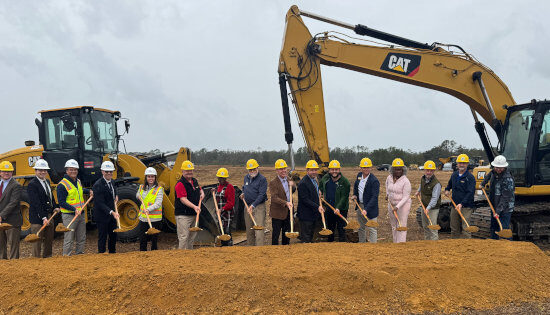Georgia Department of Transportation:
Motorists may notice increased activity along several state routes and may encounter a lane closure as contractors begin removing overgrown vegetation from the right of way.
Traffic will be controlled by flaggers if contractors need to close a single lane as they work. Drivers should be alert for advance warning signs and follow the directions of flaggers.
The tree and vegetation removal is being done to reclaim state route right of way, clear drainage structures and remove hazards to the public. Colliding with a tree was the third most frequently reported fixed object crash in 2017. Vehicle vs. tree collisions resulted in 161 fatalities, 939 serious injuries and 1,325 visible injuries last year.
Some trees may be pruned. No digging up of vegetation is permitted and stumps will be ground level with the surface. Removal will be done by hand inside wetlands. Land disturbing equipment is not allowed in those areas.
Maintenance service contracts scheduled to begin this month are:
Lanier County SR 31 from the Lanier/Lowndes County line to south of SR 135; $316,000 contract awarded to South East Mowing LLC. Scheduled to start Monday.
Colquitt County SR 202 from the Colquitt/Thomas County line to SR 111; $149,000 contract awarded to Georgia Pine Straw Inc. Scheduled to start April 12.
Thomas County SR 202 from SR 300 to the Thomas/Colquitt County line; $447,400 contract awarded to Clear Zone Maintenance Inc. Scheduled to start April 16.
A start date hasn’t been determined for another vegetation removal maintenance service contract for Quitman County. It will be on SR 39 from SR 50 to east of SR 27. The $127,086.37 contract was awarded to Browns Clearing Inc.
Contractors have 120 days to complete the work.
Funding for these and similar maintenance service contracts within the 31-county Southwest District comes from the Transportation Funding Act (TFA) of 2015. The Georgia Department of Transportation uses the sustained annual revenue from the TFA to launch much-needed routine maintenance and capital improvements.











